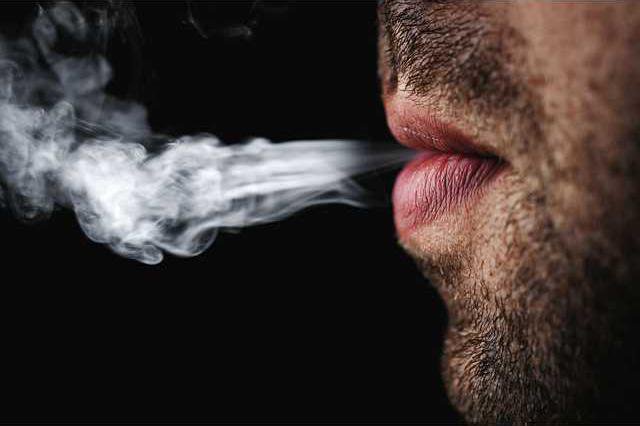A Japanese company isnt blowing smoke with its new company perk.
Piala, a marketing firm in Tokyo, plans to give employees who dont smoke cigarettes an extra six days of paid vacation, according to CNN Money.
The company said the idea began when they noticed that smoking employees worked less because theyd constantly go out for smoking breaks.
"One of our nonsmoking staff put a message in the company suggestion box earlier in the year saying that smoking breaks were causing problems," Hirotaka Matsushima, a spokesman for the company, told The Telegraph. "Our CEO saw the comment and agreed, so we are giving nonsmokers some extra time off to compensate.
The new plan is a win-win solution, the company told CNN.
"We don't give punishment for smoking," Matsushima said. "Instead, we offer a benefit for not smoking."
The companys CEO, Takao Asuka, said that he hopes to encourage employees to quit smoking through incentives rather than penalties or coercion.
American workers have faced increased penalties and premiums for their smoking habits, too. In 2011, 19 percent of American companies imposed financial penalties on employees who smoke, according to The New York Times.
Health insurance companies have also imposed penalties on those who smoke in recent years as well.
According to a study out of Ohio State University, smokers cost employees nearly $6,000 a year more than those who dont smoke, NBC News reported.
The same study found that theres a growing trend where employers will ban smoking in the workplace, and they will even reject potential employees who smoke.
And this isnt just because of smoke breaks. Nicotine in itself creates productivity issues.
This is because nicotine is a powerfully addictive drug, said the studys lead author, Micah Berman of Ohio State University. Although cigarettes satisfy a smokers need for nicotine, the effect wears off quickly. Within 30 minutes after finishing the last inhalation, the smoker may already be beginning to feel symptoms of both physical and psychological withdrawal.
Piala, a marketing firm in Tokyo, plans to give employees who dont smoke cigarettes an extra six days of paid vacation, according to CNN Money.
The company said the idea began when they noticed that smoking employees worked less because theyd constantly go out for smoking breaks.
"One of our nonsmoking staff put a message in the company suggestion box earlier in the year saying that smoking breaks were causing problems," Hirotaka Matsushima, a spokesman for the company, told The Telegraph. "Our CEO saw the comment and agreed, so we are giving nonsmokers some extra time off to compensate.
The new plan is a win-win solution, the company told CNN.
"We don't give punishment for smoking," Matsushima said. "Instead, we offer a benefit for not smoking."
The companys CEO, Takao Asuka, said that he hopes to encourage employees to quit smoking through incentives rather than penalties or coercion.
American workers have faced increased penalties and premiums for their smoking habits, too. In 2011, 19 percent of American companies imposed financial penalties on employees who smoke, according to The New York Times.
Health insurance companies have also imposed penalties on those who smoke in recent years as well.
According to a study out of Ohio State University, smokers cost employees nearly $6,000 a year more than those who dont smoke, NBC News reported.
The same study found that theres a growing trend where employers will ban smoking in the workplace, and they will even reject potential employees who smoke.
And this isnt just because of smoke breaks. Nicotine in itself creates productivity issues.
This is because nicotine is a powerfully addictive drug, said the studys lead author, Micah Berman of Ohio State University. Although cigarettes satisfy a smokers need for nicotine, the effect wears off quickly. Within 30 minutes after finishing the last inhalation, the smoker may already be beginning to feel symptoms of both physical and psychological withdrawal.

